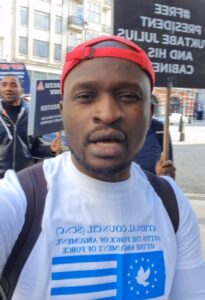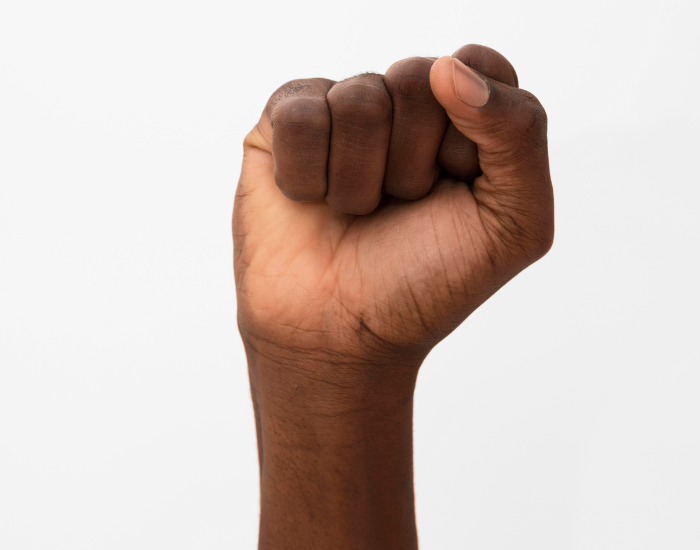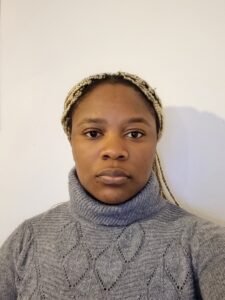The Humanitarian Efforts of SCNC UK: Alleviating Suffering and Raising Awareness Amidst the Southern Cameroon Crisis
In the heart of the Southern Cameroon Crisis, amidst the chaos and despair wrought by conflict, the Southern Cameroons National Council (SCNC) UK stands as a beacon of hope and compassion. Through their unwavering dedication to humanitarian aid and advocacy, they extend a lifeline to refugees, the wounded, and internally displaced persons (IDPs) affected by the violence and oppression inflicted upon Southern Cameroonians. Moreover, their tireless efforts shed light on the egregious human rights violations perpetrated by the Cameroon military
forces against innocent Anglophones, showcasing the urgent need for international intervention and justice.
The crisis in Southern Cameroon, stemming from decades of marginalization and oppression of the Anglophone minority by the Francophone-dominated government, has escalated into a full-blown humanitarian catastrophe. Amidst this turmoil, SCNC UK emerges as a crucial player in alleviating the suffering of those caught in the crossfire. Their humanitarian aid efforts are multifaceted, addressing the immediate needs of refugees, the wounded, and IDPs while also working towards sustainable solutions for their long-term well-being.
One of the primary ways SCNC UK provides assistance is through the provision of medical care to the wounded and those affected by the conflict. In collaboration with local partners and medical professionals, they offer essential healthcare services, including surgeries, trauma counselling, and rehabilitation, to mitigate the physical and psychological scars inflicted by violence. By ensuring access to medical treatment, SCNC UK not only saves lives but also restores dignity to those who have suffered unimaginable atrocities.
Furthermore, SCNC UK extends a helping hand to refugees and IDPs, providing essential supplies such as food, water, shelter, and clothing to meet their basic needs. Through our relief efforts, we offer a resemblance of stability and security to displaced individuals and families who have been uprooted from their homes and communities. Additionally, SCNC UK facilitates educational initiatives for displaced children, recognizing the importance of safeguarding their futures amidst the chaos of conflict.
Beyond their humanitarian endeavours, SCNC UK plays a vital role in raising awareness about the plight of Southern Cameroonians and the atrocities committed by the Cameroon military forces. Through advocacy campaigns, media outreach, and grassroots mobilization, we amplify the voices of the oppressed and demand accountability for human rights abuses. By shining a spotlight on the inhumane treatment of Anglophones, we thereby compel the international community to take action and hold perpetrators accountable for their crimes against humanity.
SCNC UK’s advocacy efforts also focus on promoting dialogue and seeking peaceful resolutions to the conflict in Southern Cameroon. Recognizing the futility of violence and the need for inclusive dialogue, we engage in diplomatic initiatives aimed at fostering recognition of our right to exist as a free people and restoring our statehood as proud Ambazonians while also addressing the root causes of the crisis and looking after those severely affected by the trauma and suffering. By advocating for political reforms that uphold the rights and aspirations of all Southern Cameroonians, regardless of linguistic or cultural background, we envision a future of peace, justice, and equality for Southern Cameroons.
In conclusion, the Southern Cameroons National Council UK stands at the forefront of humanitarian aid and advocacy amidst the Southern Cameroon Crisis. Through our unwavering commitment to alleviating suffering and raising awareness, they provide a glimmer of hope amidst the darkness of conflict and oppression. As we continue our vital work, SCNC UK serves as a testament to the power of solidarity, compassion, and resilience in the face of adversity. It is imperative that the international community heed our call for justice and stand in solidarity with the people of Southern Cameroon in our quest for freedom, dignity, peace and unconditional restoration of our right to exist as a free people.
Written By: Valery Fonyuy Tata




